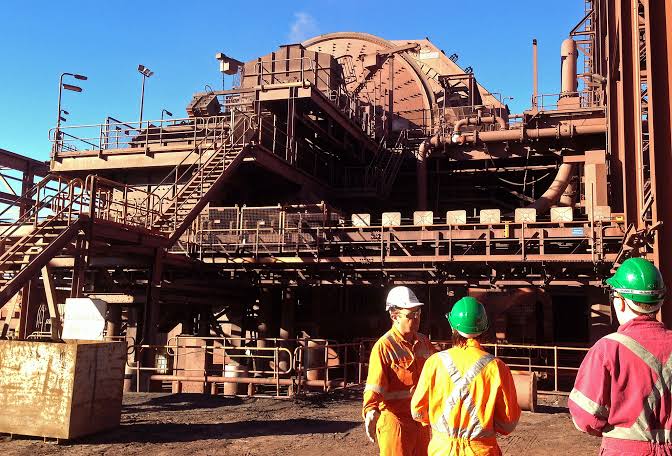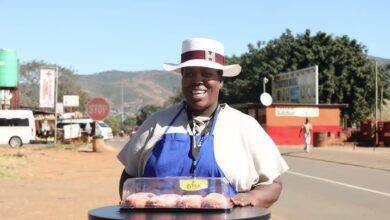Rio Tinto Group’s R6.7 Billion Mining Project Has Been Put On Hold

Rio Tinto Group’s R6.7 Billion Mining Project Has Been Put On Hold. Rio Tinto group’s new $463 million (R6.7 billion) mining project in South Africa will remain on hold until the security problems that halted work two years ago are resolved. Richards Bay Minerals, the South African unit of Rio Tinto, is in talks with the country’s authorities to permanently address violent protests around its operations before resuming work on the Zulti South project, Werner Duvenhage, RBM’s managing director told Business Tech.
“The project is still suspended but we continue to work with authorities to progress work. It’s critical for the long-term sustainability of the entire business that we get Zulti South in operation as soon as we possibly could do that.” Duvenhage said. While costs associated with the project’s delay aren’t yet significant, “there will be a time when it will probably be too late” to proceed with development, Duvenhage added.
According to Business Tech, Rio Tinto’s only South African business employs about 5,000 workers and exports titanium dioxide slag, used to create ingredients for products including paint, plastics, sunscreen and toothpaste. Zulti South is intended to extend the life of the entire operation as the commercially viable ore at other sites is depleted. RBM initially targeted completing the project this year. The freezing of Zulti South weighs against President Cyril Ramaphosa’s efforts to attract new investment in the country.
Rio Tinto Group is an Anglo-Australian multinational and the world’s second largest metals and mining corporation, behind BHP, producing iron ore, copper, diamonds, gold and uranium. The company was founded in 1873, when a multinational consortium of investors purchased a mine complex on the Rio Tinto, in Huelva, Spain, from the Spanish government. Since then, the company has grown through a long series of mergers and acquisitions to place itself among the world leaders in the production of many commodities, including aluminium, iron ore, copper, uranium, and diamonds. Although primarily focused on the extraction of minerals, Rio Tinto also has significant operations in refining, particularly for refining bauxite and iron ore. Rio Tinto has joint head offices in London (global and “plc”) and Melbourne (“Limited” – Australia).




